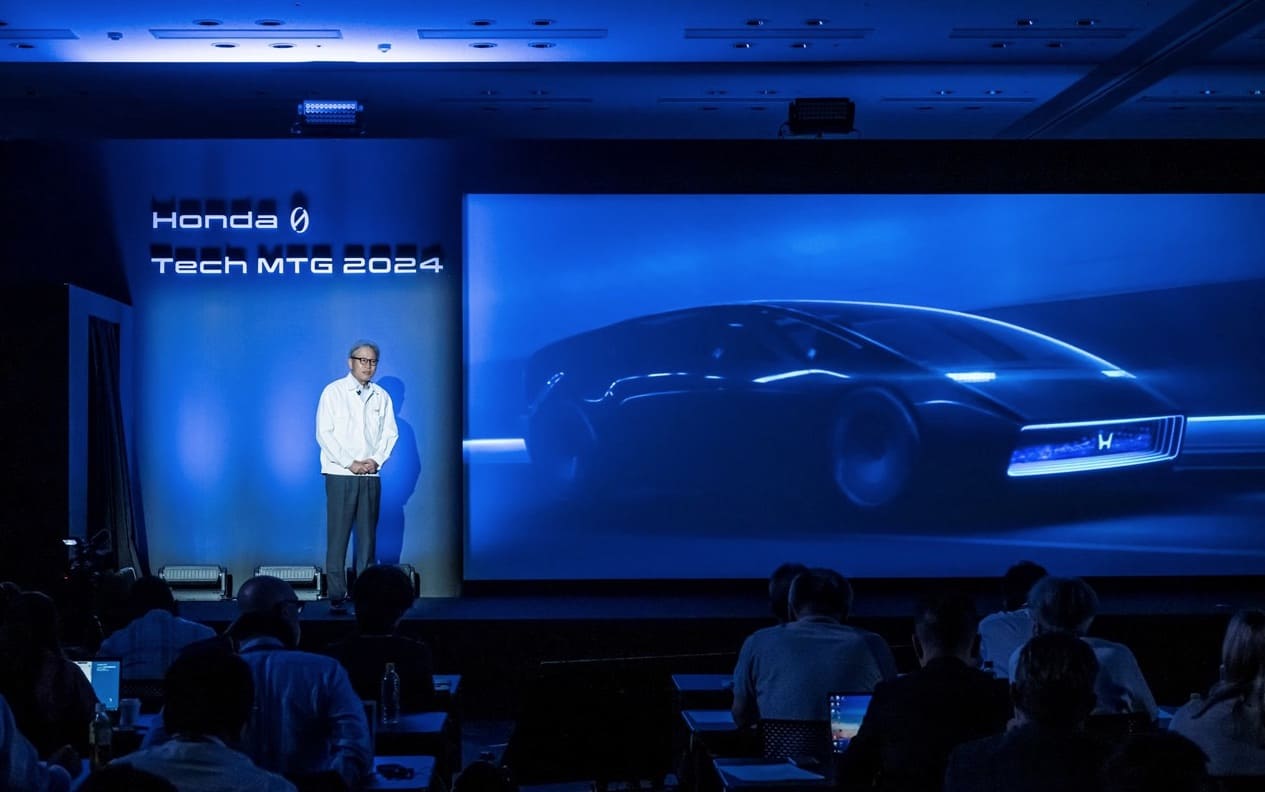
Japanese automotive giants Honda – Nissan have announced official talks for a merger that will create the world’s third-largest car manufacturer by sales, following Toyota and Volkswagen. This historic move aims to counter competition from electric vehicle leaders such as China’s BYD and the U.S.-based Tesla.
A New Automotive Powerhouse
The proposed merger, anticipated to finalize by 2026, will consolidate the companies under a joint holding structure. With projected revenue exceeding $191 billion, the new entity will rival industry titans in scale and influence. While Nissan holds a majority stake in Mitsubishi, its involvement in the merger remains uncertain and will be decided early next year.
The timeline for this transformative deal includes:
- June 2025: Finalization of the agreement.
- April 2026: Share transfer to the joint holding company.
- August 2026: Listing on the Tokyo Stock Exchange.
Fighting the Chinese and American EV Giants
In a joint statement, Honda and Nissan highlighted the need for strategic consolidation in an industry undergoing unprecedented change:
“The companies will explore higher-level synergies, potentially including Mitsubishi, to enhance their competitive edge amid dramatic industry shifts.”
Earlier this year, the two firms signed a memorandum of understanding for a strategic partnership focusing on next-generation software-defined vehicles, AI integration, and electrification.
Key Benefits of the Merger
Honda and Nissan see significant advantages from the merger, including:
- Standardized Platforms: Streamlined vehicle production processes.
- Enhanced R&D Synergies: Unified research efforts for innovation.
- Cost Optimization: Improved supply chain and manufacturing efficiency.
- Integrated Systems: Improved plant and supply chain operations.
The joint holding company will allow both brands to coexist while maintaining their unique identities, similar to the Stellantis model. Honda will appoint the majority of the joint company’s board members, including the president.
A Strategic Shift in the Auto Industry
Toshihiro Mibe, Honda’s CEO, stated:
“As the auto industry undergoes a once-in-a-century transformation, we hope Mitsubishi’s participation in the Honda-Nissan merger discussions will lead to a societal shift, positioning us as a leader in creating new mobility value.”
Skepticism from Carlos Ghosn
Despite the excitement surrounding the merger, former Nissan CEO Carlos Ghosn expressed skepticism, citing structural challenges. Speaking remotely from Lebanon, Ghosn remarked:
“Successful partnerships require complementary strengths. Honda and Nissan lack complementarity, sharing similar strengths and weaknesses.”
Financial and Operational Challenges
Both automakers have faced significant challenges in recent years:
- Honda: Revised its fiscal year profit forecast downward by 14.2%, citing slowing sales in China.
- Nissan: Announced plans to cut 9,000 jobs and reduce global production capacity by 20% due to difficulties in the U.S. and Chinese markets.
Combined global sales from the merger are estimated at 8 million vehicles in 2023, trailing Toyota and Volkswagen.
also read Nissan solid-state batteries, the new generation is made with NASA
Renault’s Position
Renault, Nissan’s largest shareholder, issued a brief statement acknowledging the preliminary nature of the talks:
“Renault Group will consider all options in the interest of its stakeholders while pursuing its value-creating projects within the Alliance.”